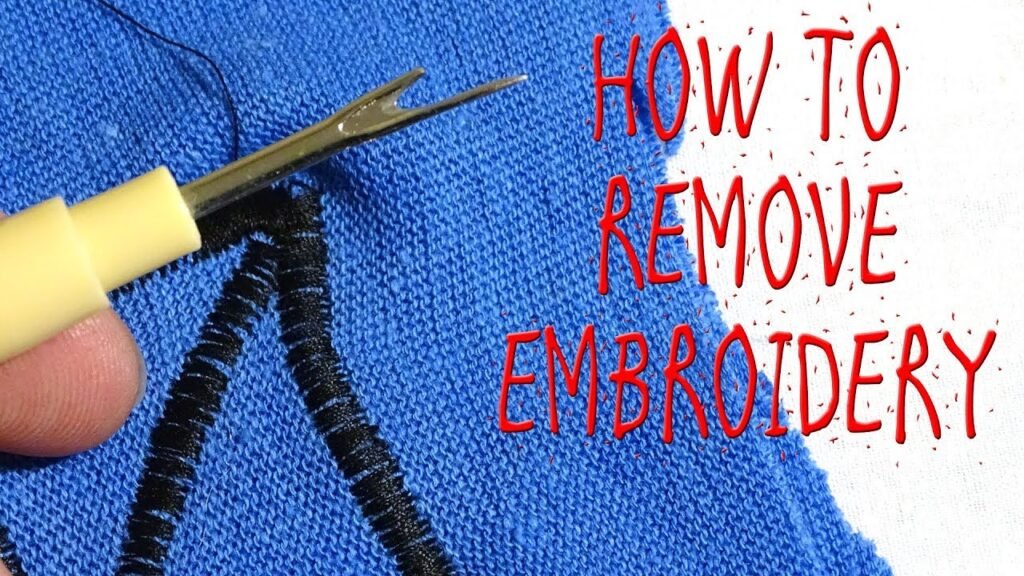How to Remove Embroidery : 3 Ways to Remove Embroidery in 2024
In clothing fashion sometimes you may need to remove embroidery from your clothing. So it is important to know how to remove embroidery. In this article you will get to know how to remove embroidery in 3 ways. Method 1 Using an Embroidery Eraser Method 2 Using a Seam Ripper The stitches on the front …
How to Remove Embroidery : 3 Ways to Remove Embroidery in 2024 Read More »



